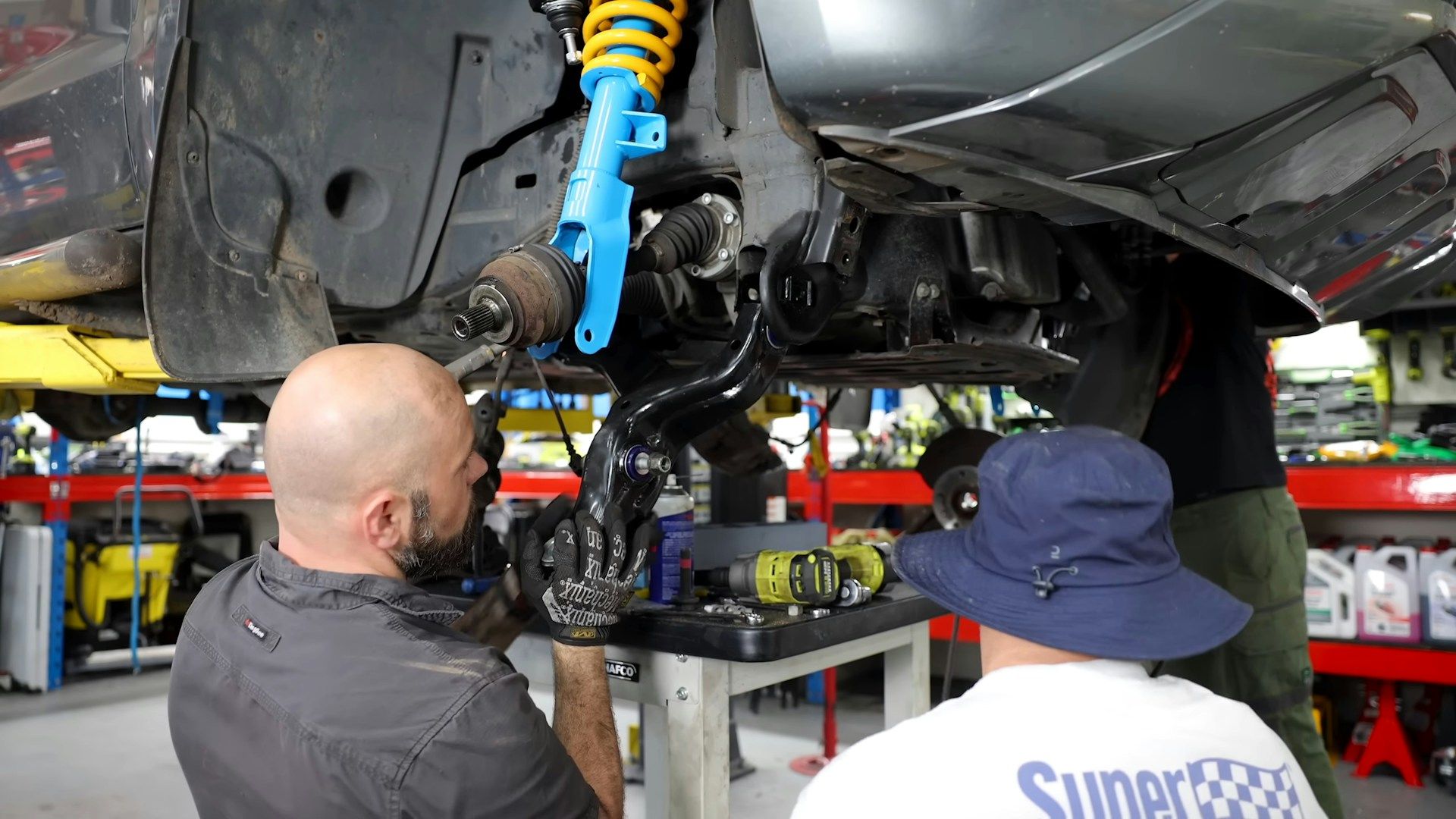The 6 most recession-proof careers worth considering
Explore the most resilient jobs that are built to thrive in tough times and weather economic storms

When the economy gets rocky, one of the first questions people ask is whether their job is safe. While no career is completely bulletproof, some are definitely more recession-resistant than others. These roles don’t just survive downturns — they often thrive in them.
Recession-proof careers tend to have a few things in common — they meet essential needs, are tied to long-term trends like aging populations or infrastructure upgrades, and involve skills that aren't easily automated with new technologies like AI. Think of service technicians for various systems, from IT to HVAC to electricians, who keep your remote office running. Some roles are high-tech, while others are hands-on, but all provide services that people rely on, no matter what the economy is doing.
With companies like Amazon announcing that they will need fewer office and administrative workers, there’s more demand for “future-proof” jobs that blend human skills with long-term relevance. Health care, education, and skilled trades are leading the way.
Thanks to new legislation like the HEATR Act, as the Heating Efficiency and Affordability through Tax Relief Act is fondly known, jobs in green energy, HVAC, and solar installation are literally heating up. More consumers switch to energy-efficient heating pumps to qualify for tax credits, making future maintenance and upgrades a thriving industry in which to work.
If you’re exploring career pivots or simply want to future-proof your income, it helps to look where demand stays steady even when everything else slows down. These jobs offer security, purpose, stability, and the ability to help others when it matters most.
Here are some recession-resilient careers to watch and why they remain lucrative for employment.
2 / 7
1. Health care workers

Annie Spratt | Unsplash
Doctors, nurses, pharmacists, and health care technicians keep showing up — even when the economy takes a sick day. Medical care doesn’t just drop because the GDP does — it’s projected to grow by 1.9 million new openings annually. Many hospitals and clinics stay fully staffed during downturns, especially as aging populations and mental health needs rise.
3 / 7
2. HVAC technicians

Tim Mossholder | Unsplash
Heating, ventilation, and air conditioning (HVAC) won’t take a break when the stock market tanks. With a global focus on efficiency and home energy use, HVAC pros are seeing a surge in demand for retrofits and sustainability upgrades, which means a boost in new jobs. Whether it’s a broken furnace in winter or a green building push, technician jobs remain in such hot demand that employment is expected to grow a substantially impressive nine percent by 2023.
4 / 7
3. IT and cybersecurity specialists

FlyD | Unsplash
Digital infrastructure matters more than ever during a recession. Companies may cut perks but won’t risk a security breach or server failure. IT and cybersecurity pros keep everything from online banking to remote work tools running. Plus, demand is global, and the median wage of $105,990 for this career group is more than twice that of other fields.
5 / 7
4. Education professionals

Seema Miah | Unsplash
Public schools and essential educational services keep running, even during economic downturns. Teachers, aides, and curriculum specialists remain in demand, especially as more students need academic support after the pandemic’s disruptions. Upskilling platforms like adult learning are also gaining traction, offering stability beyond the classroom. Plus, with rapid innovations like Industry 4.0, the World Economic Forum suggests that 50% of all employees will need retraining.
6 / 7
5. Utility workers

Emmanuel Ikwuegbu | Unsplash
Electricity, gas, and water — these systems don’t shut down with a struggling economy. Utility workers, line persons, and technicians ensure the basics keep flowing. Infrastructure maintenance and green energy projects also boost job security in this sector. The utilities subsector is so needed that the U.S. reached a staggering record high of 1.32 million workers in 2022. While these roles aren’t flashy, they’re deeply dependable.
7 / 7
6. Mechanics and repair technicians

Bengkel Mobil Matic Bandung | Unsplash
Believe it or not, cars continue to break down, and while AI can help build them, it can’t yet find faults, replace parts, or do an oil change. Careers in mechanical repairs for cars, trucks, buses, trains, and planes enjoy stability. With steady growth and over 600,000 new job openings annually, installation, repair, and maintenance occupations also pay above average, making these lucrative opportunities for first-time job seekers.
